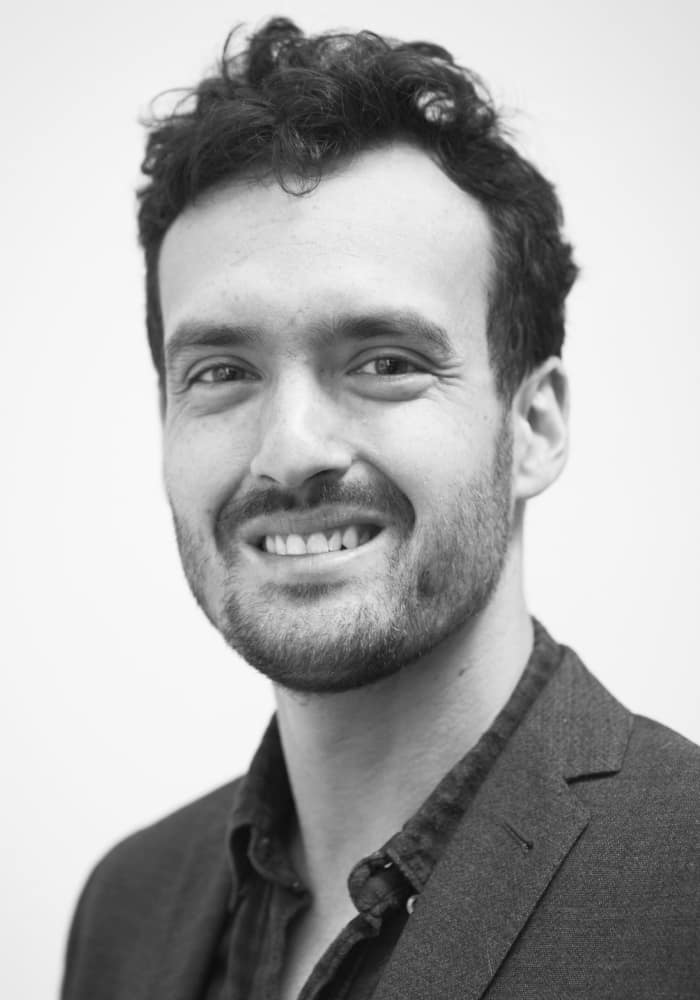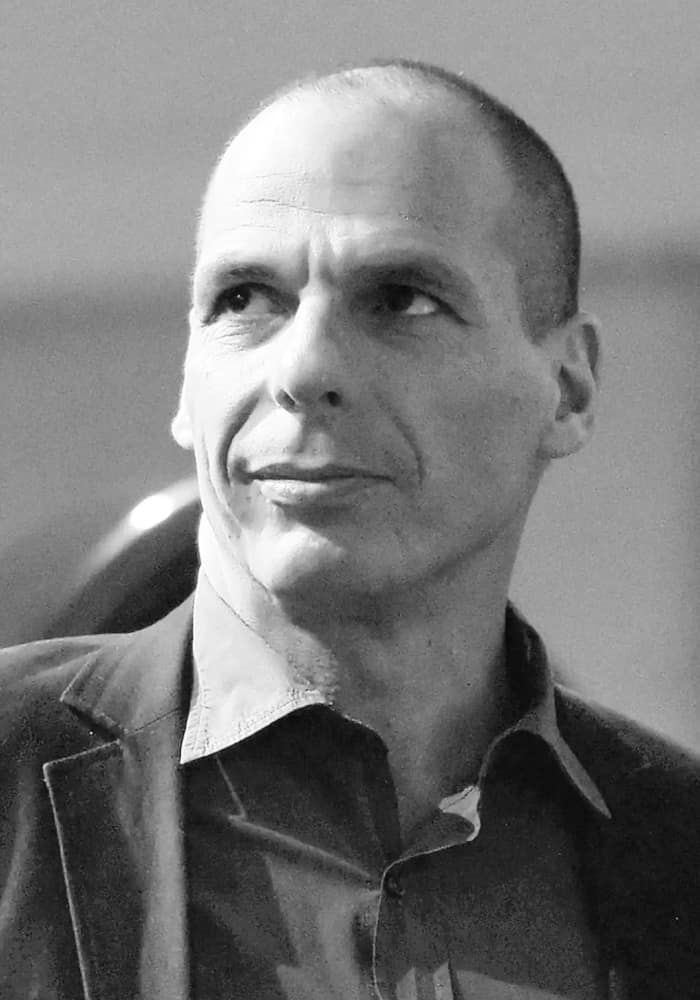De Nederlandse filosoof Pablo M. Lamberti blaast een eeuwenoude stoïcijnse waarheid nieuw leven in: filosofie is askēsis—een oefening, geen puur theoretische bezigheid. Voor de Stoïcijnen, denkers als Epictetus en Marcus Aurelius, was filosofie een spirituele training om het leven af te stemmen op deugdethiek (wijsheid, moed, rechtvaardigheid, matigheid). Lamberti omschrijft dit als existentieel vakmanschap: dagelijkse keuzes—hoe we omgaan met tegenslagen, verlangens beheersen of anderen benaderen—zijn kansen om ons karakter te vormen.
In tegenstelling tot loutere ‘leunstoelfilosofie’ vraagt het stoïcisme om prohairesis (een vrijwillige toewijding) om de principes echt te belichamen. Centraal hierin staat de dichotomie van controle: onderscheid maken tussen wat binnen je macht ligt (oordelen, handelingen) en wat buiten je macht ligt (rijkdom, reputatie, uitkomsten). Door je te richten op het eerste cultiveert het stoïcisme apatheia (vrijheid van destructieve hartstochten), waardoor obstakels veranderen in oefenterreinen voor veerkracht.
Lamberti benadrukt stoïcijnse “disciplines”—zoals ochtendmeditatie (premeditatio malorum) om je mentaal voor te bereiden op uitdagingen, of avondreflecties om morele vooruitgang te evalueren—als concrete middelen voor zelfbeheersing.
In een moderne context ziet Lamberti het stoïcisme als een tegengif tegen existentiële versnippering. Consumptiecultuur, digitale overprikkeling en maatschappelijke druk ondermijnen onze autonomie, maar het stoïcijnse logos (rationele orde) biedt een heroriëntatie naar innerlijke soevereiniteit. Het gaat niet om passieve berusting, maar om amor fati (liefde voor het lot): het omarmen van de grilligheid van het leven, met een moreel kompas als anker.
Voor Lamberti is dit geen zelfhulpboek—het is eudaimonia (menselijke bloei) via afstemming op natuur en rede. Filosofisch leven betekent niet alleen “filosoferen”; het betekent filosofie belichamen—een voortdurend wordingsproces waarin wijsheid aanvoelt als een tweede huid.



















